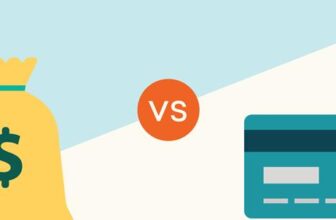
Previously known as endowment mortgages, the popularity of the interest only mortgage has been on the rise over recent years, with no endowment in sight. Today interest only mortgages can be used in conjunction with many different investment options and can be very advantageous to some.
However, along with advantages, there are some pitfalls to such products which everyone should be aware of before taking up such an option.
In this article, we will explain the basic characteristics of an interest only mortgage as well as some of the advantages and disadvantages that are attached. It also explains how such pitfalls can be avoided, so that you have the information you need to make the right decisions to support your financial future.
For most of us, when we take out a loan of any type, we expect to make monthly payments to pay back the money we have earned plus an element of interest that has been charged by the lender. However in the case of an interest only mortgage, things work a little differently.
How an Interest Only Mortgage Works
Though a financial institution will probably be willing to offer you the equivalent value of a mortgage, whether you request an interest only or a repayment mortgage, the way you repay your debt is very different.
With an interest only mortgage, your monthly payments will equal the value of the interest on the outstanding debt only. There is no repayment of any capital which makes the monthly repayments much cheaper than when compared like for like with a standard repayment option.
However, only paying the interest off over the years of your mortgage has to distinct results:
- The capital does not reduce over time and therefore interest has to be paid on the entire sum borrowed throughout the life of the mortgage.
- The capital sum remains outstanding for the entire life of the debt and therefore becomes due when the mortgage expires.
The Benefits of an Interest Only Mortgage
The obvious benefit to an interest only mortgage is that it can be significantly cheaper than a repayment mortgage as it only requires you to pay back the interest.
However most mortgage lenders will expect you to put some type of financial investment in place to ensure that you can repay the capital when the money becomes due. This could be a pension scheme, an ISA or an equity portfolio, which will all increase the monthly cost of the mortgage.
However, if you have position in place, have an inheritance due or are expecting to take the value of the mortgage from the house sale, then an interest only mortgage could be for you.
The Drawbacks of an Interest Only Mortgage
The key drawback to an interest only mortgage is the level of risk attached to the debt.
If you are depending on other financial facilities to pay back the cost of the borrowing, then you will need to be sure that your investments will grow sufficiently to cover it.
Recently there has been a lot of concern that, due to poor performance of the stock market and the financial position of the country in general, investors will not have the financial growth necessary to achieve their outstanding debt and will therefore have to find further funds to repay their mortgage.
The Financial Conduct Authority recently estimated that almost 1 million interest only mortgage providers will face a shortfall when they come to repay their mortgage which could have a potentially devastating effect.
As with every financial product, the same choice will not suit everyone. So when considering any new debt, take some time to consider your options. If you need help, seek professional independent advice to ensure that you create a financial position that will keep you happy and secure for the years to come.
For more information on interest only mortgages check out this free impartial website.





